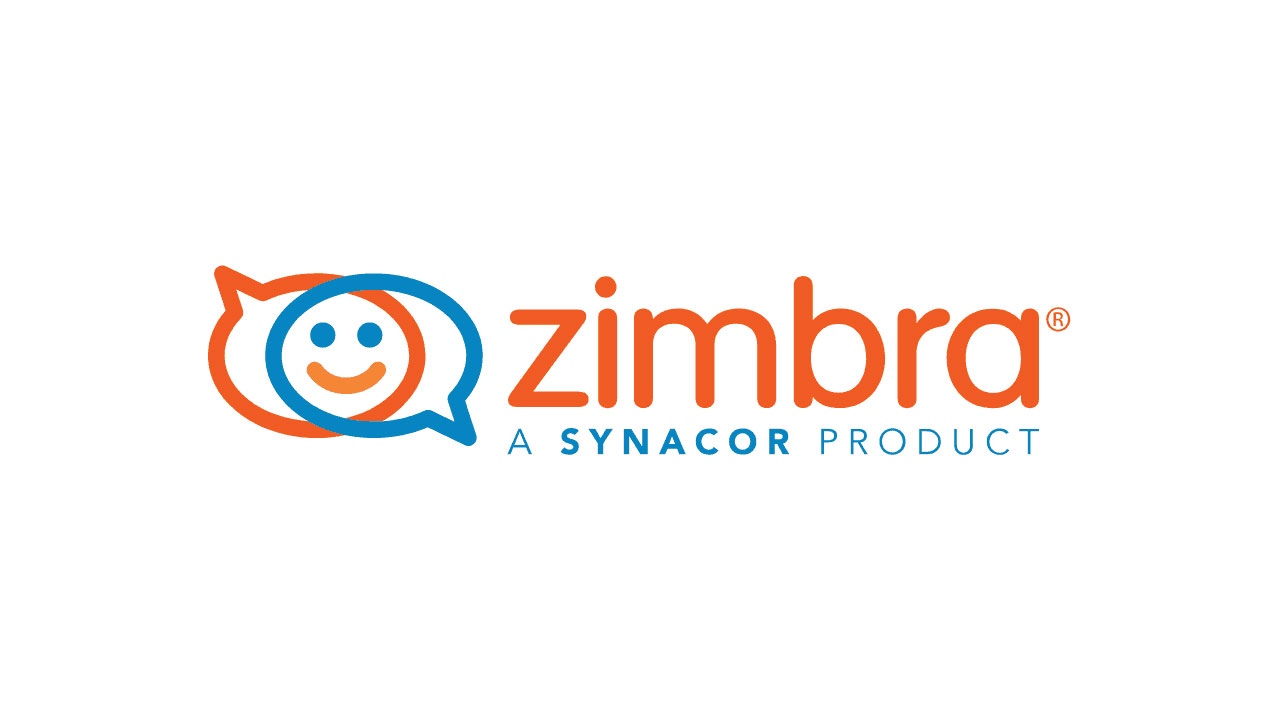
ZIMBRA, a US-based software suite focused productivity and collaboration tools, is optimistic about expanding its presence in the Philippines as more organizations move towards secure, cloud-first strategies.
“The Philippines is a strategic growth market for Zimbra, given our alignment with the country’s push toward digital transformation across government, financial services, and SMEs (small and medium enterprises),” Zimbra Chief Revenue Officer Marcus Teo told BusinessWorld.
“The government’s Cloud First Policy highlights the need for secure, locally hosted solutions, an area where Zimbra excels with its flexible setup options that let data stay within the country and meet local rules.”
Zimbra offers a collaboration solution that includes productivity tools like e-mail, calendar, file sharing, chat, tasks, and document editing. It is one of the key products of Synacor, Inc., a cloud-based software and services company based in New York.
Companies can integrate Zimbra’s e-mail features with programs like Outlook, Apple Mail, and Thunderbird.
The platform aims to address Philippine organizations’ need for secure, flexible collaboration tools at manageable costs, the company said.
“The Philippine market for collaboration tools is mostly served by big global software providers whose platforms often offer limited customization and less control over data,” Mr. Teo said.
These solutions may not fully align local rules or fit the budgets of state agencies and smaller firms, he said.
Philippine enterprises and institutions also typically operate in complex environments that blend older legacy systems with newer cloud services, Mr. Teo added.
“Because of this, more organizations are looking for alternatives that give them better privacy, data control, and predictable costs.”
Zimbra can connect with businesses’ existing tools for managing customers, inventory, or internal workflows, Mr. Teo said, as its open-core approach provides transparency and the ability to configure the platform according to an organization’s needs.
“Unlike closed systems, Zimbra lets organizations keep their data within the country and easily add features through open standards based add-ons,” he said. “This means businesses can stay in control while enjoying modern collaboration capabilities built for the Philippines.”
Zimbra’s built-in security features include multi-factor authentication and regular updates for vulnerabilities. Its security standards are supported without external tools, in line with Philippine firms’ need for stronger guardrails against evolving cybersecurity threats, Mr. Teo said.
“This means Zimbra can quickly adapt to new threats while keeping the platform easy to use and manage, helping Philippine organizations meet strict security requirements,” he said.
Around 84.5% of Philippine organizations experienced an average of three cybersecurity breaches in 2024, amid gaps in third-party cyber risk management, according to a report by cyber defense firm BlueVoyant. — Beatriz Marie D. Cruz